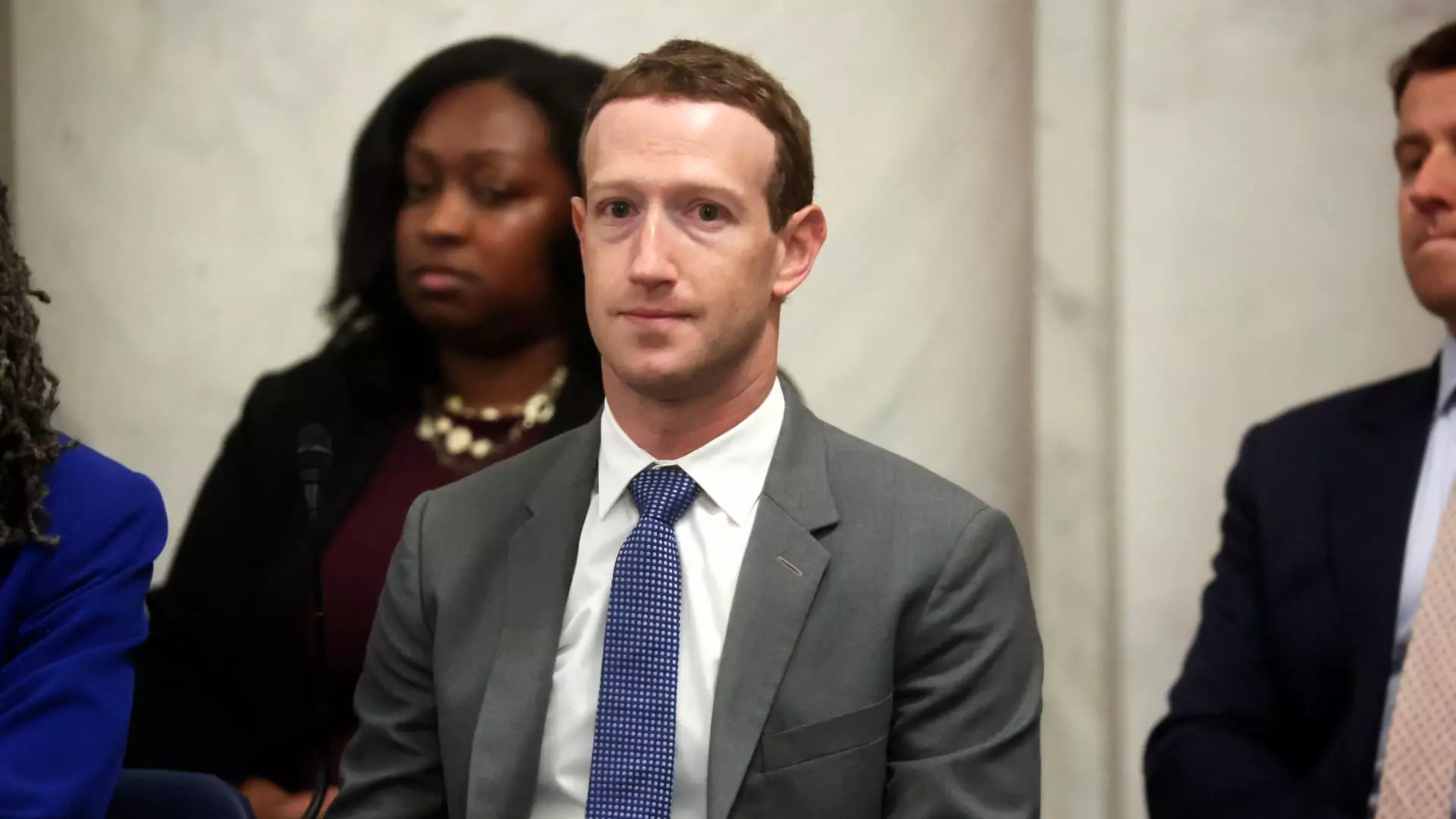Meta, formerly known as Facebook, recently unveiled its updated policies on political advertising. In a blog post, Nick Clegg, Meta’s president of global affairs, outlined the company’s new measures to ensure transparency and combat the spread of misinformation during election cycles. Notably, Meta will now require advertisers to disclose the use of artificial intelligence (AI) in altering images and videos within political ads. This move comes in response to the increasing utilization of AI technologies by advertisers to create computer-generated visuals and text.
Building upon an earlier announcement made in November, Meta’s new policy aims to address the issue of digital manipulation of content. Beginning next year, advertisers will be obligated to disclose whether AI or related digital editing techniques were used to create or alter a political or social issue advertisement in specific instances. These instances include ads that present photorealistic images or videos, realistic-sounding audio, or depictions of non-existent individuals or events. Additionally, the policy applies to ads that modify footage of real events or portray realistic events that are not accurate representations of actual occurrences.
Over the years, Meta has faced criticism, primarily concerning its failure to curb the spread of misinformation on its platforms during significant events such as the 2016 U.S. presidential elections. Critics argue that the company did not do enough to account for and mitigate the dissemination of misleading content on its apps, such as Facebook and Instagram. Notably, in 2019, Meta allowed a digitally altered video of Nancy Pelosi to remain on its site, despite the video falsely portraying her as intoxicated. It is worth mentioning that this video was not an advertisement but rather a manipulated piece of content.
The advent of AI technology has presented a new challenge for Meta. As advertisers increasingly rely on AI to create deceptive and misleading ads, the company must adjust its policies accordingly. However, this task comes at a time when Meta has undergone significant cost-cutting efforts, which included significant reductions in its trust and safety team. Balancing the need for regulation and enforcement with cost-saving measures poses an ongoing challenge for the social networking giant.
Working towards a fairer electoral process, Meta has implemented a significant measure aimed at the final week of U.S. elections. During this period, the company will block the release of new political, electoral, and social issue advertisements. This aligns with their previous practices and contributes to reducing the potential impact of last-minute targeted campaigns, allowing voters to make more informed decisions. These ad restrictions will be lifted the day after the election concludes, ensuring free and open discourse on the platforms.
Meta’s updated policies on political advertising demonstrate a commitment to transparency and authenticity. By requiring advertisers to disclose the use of AI and digital editing techniques, the company is taking a stance against misleading content. Despite past criticism, Meta is evolving and adapting to new challenges presented by emerging technologies. Striving to strike a balance between maintaining user trust and navigating operational constraints, Meta aims to facilitate more meaningful and accurate public discourse during election periods.
In an era of highly targeted advertisements and increasing concerns about misinformation, Meta’s renewed focus on transparency sets an important precedent for other tech companies. The responsibility of ensuring ethical and responsible advertising practices falls not only on these companies but also on advertisers and policymakers. As technology continues to advance, ongoing efforts to maintain transparency and authenticity in political advertising will be crucial for the integrity of democratic processes worldwide.

Leave a Reply